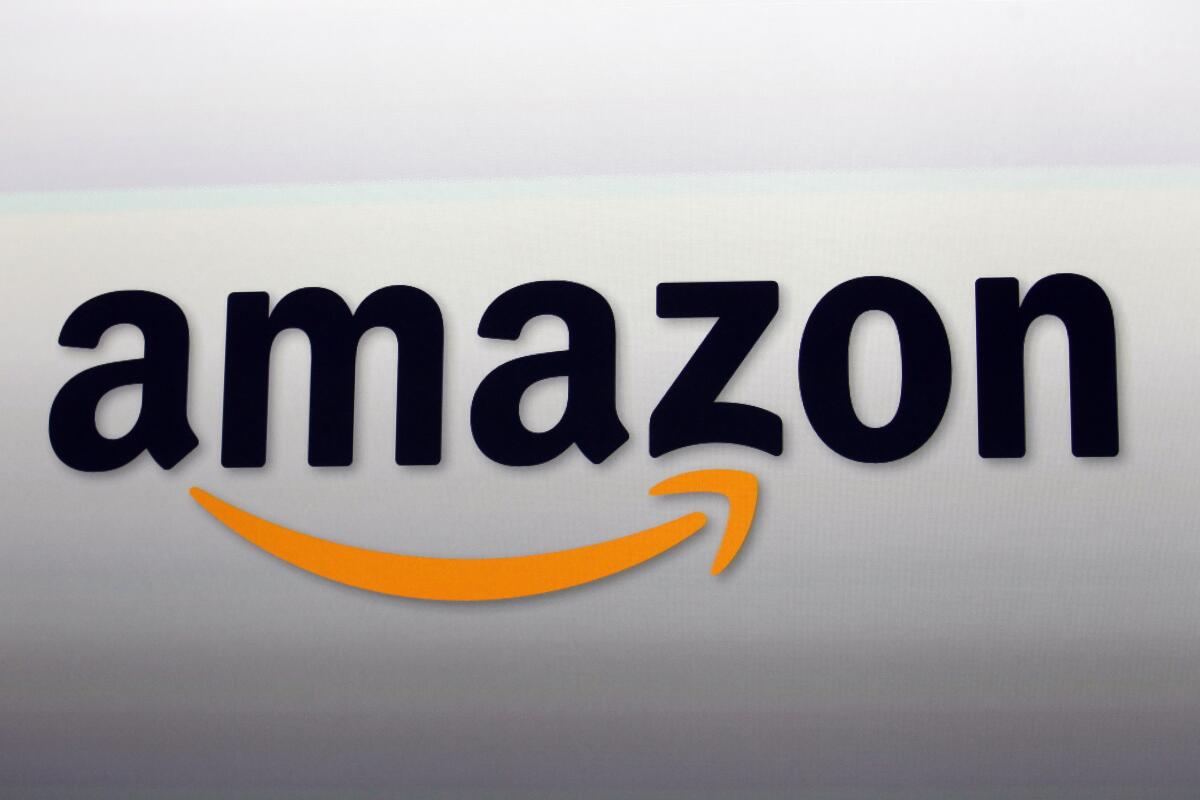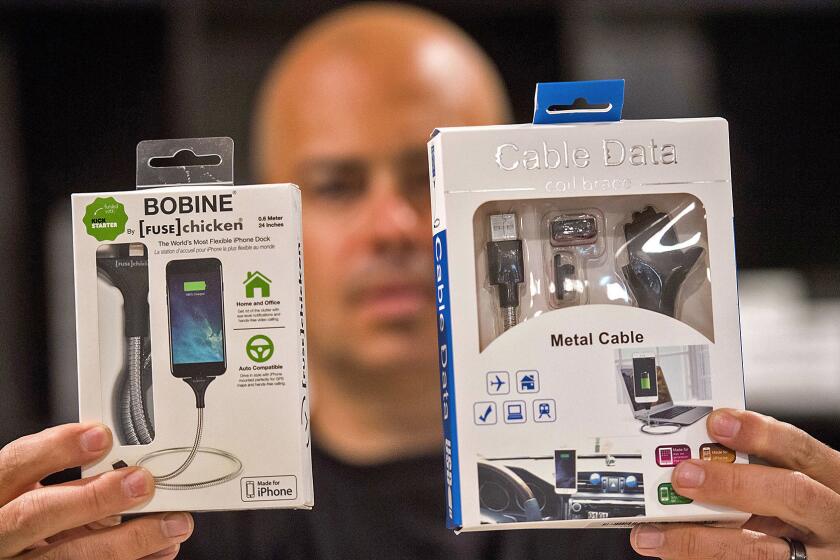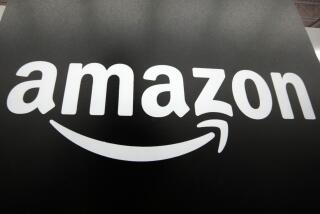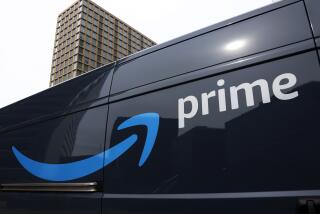Amazon considered ending private-label sales to appease regulators

- Share via
Amazon.com Inc. has considered abandoning its private-label business as a peace offering to regulators, according to a person familiar with the matter.
The company’s growing set of house brands is at the core of investigations launched by U.S. and European regulators into whether the world’s largest e-commerce company is abusing its market power. Regulators have accused Amazon of using in-house sales data to select best-selling products sold by third-party merchants and then copy them.
Exiting the private-label business could help appease regulators without jeopardizing Amazon’s overall business, said the person, who requested anonymity to discuss an internal matter. The company has said house brand products account for about 1% of its revenue.
Jon Fawcett wanted to build a cellphone cable that wouldn’t fray.
“We never seriously considered closing our private-label business and we continue to invest in this area, just as our many retail competitors have done for decades and continue to do today,” the company said in an emailed statement. The Wall Street Journal and Vox reported earlier that Amazon had considered exiting its private-label operation.
In Europe, Amazon has already offered to stop using data on independent sellers for its competing businesses as well as offering shoppers a clearer path to finding alternative products outside Amazon’s “buy box.” That favored designation on Amazon’s websites, selected by algorithms, can make or break a seller’s sales. EU regulators on Thursday said they were asking Amazon’s rivals to weigh in on the proposed concessions
Taken together, the proposed EU concessions and discussions about Amazon’s private-label business suggest the company is seeking a way to resolve its antitrust entanglements without making major changes to its core businesses. As antitrust scrutiny on Amazon and other U.S. tech giants has ratcheted up, executives have realized they would likely have to make some changes, according to two people familiar with the discussions.
Amazon has been selling private-label products on its retail website for more than a decade, under the Amazon Basics brand and dozens of others. The effort has been the source of public-relations headaches for the Seattle-based giant, with companies from Williams-Sonoma Inc. to smaller independent sellers accusing Amazon of copying their products with cheap knock-offs. Amazon has denied that it uses data from individual sellers on its site to inform its product decisions.
More to Read
Inside the business of entertainment
The Wide Shot brings you news, analysis and insights on everything from streaming wars to production — and what it all means for the future.
You may occasionally receive promotional content from the Los Angeles Times.











